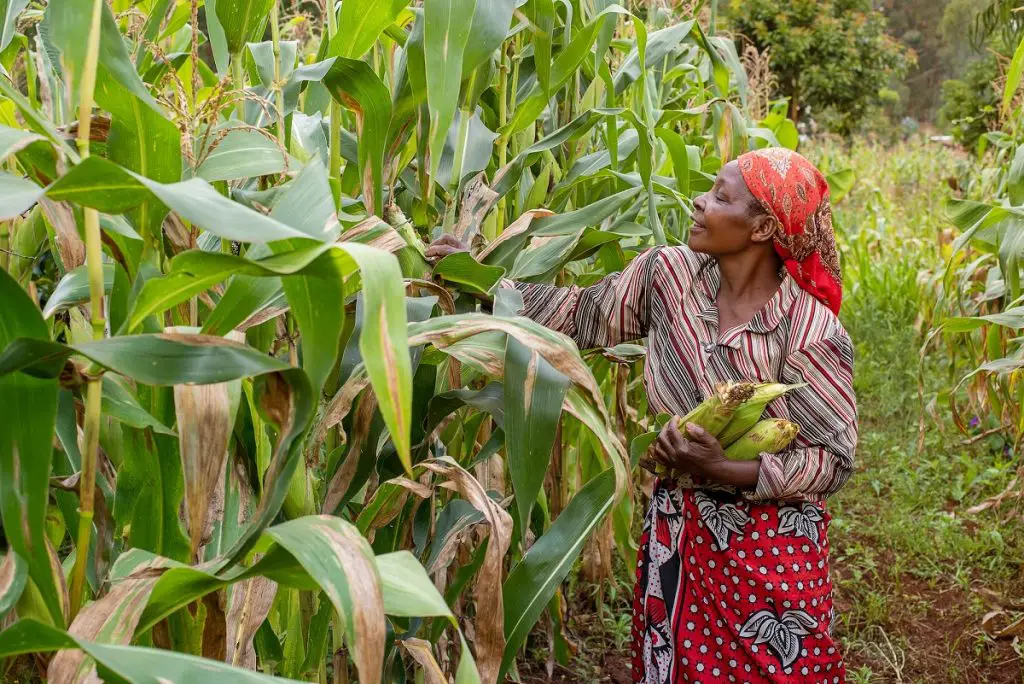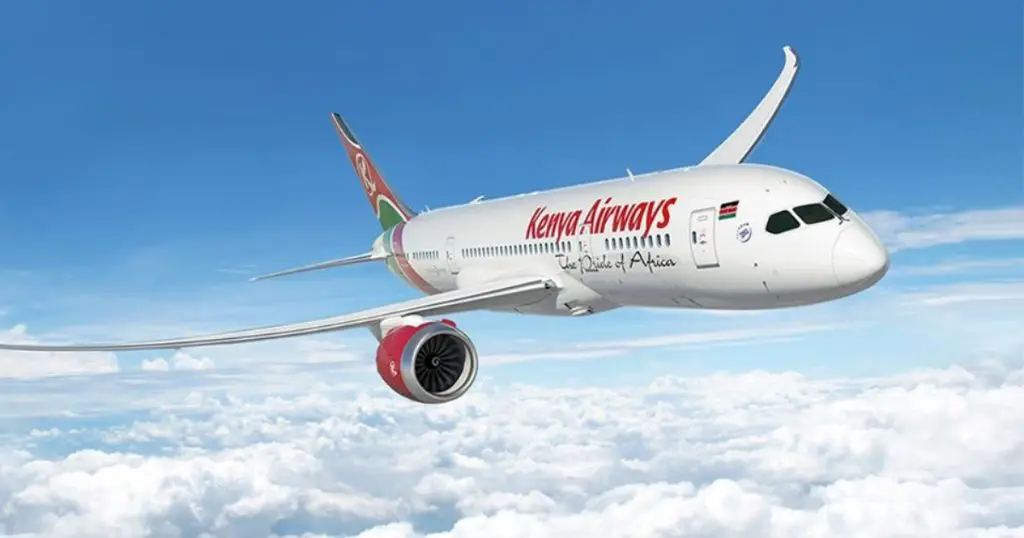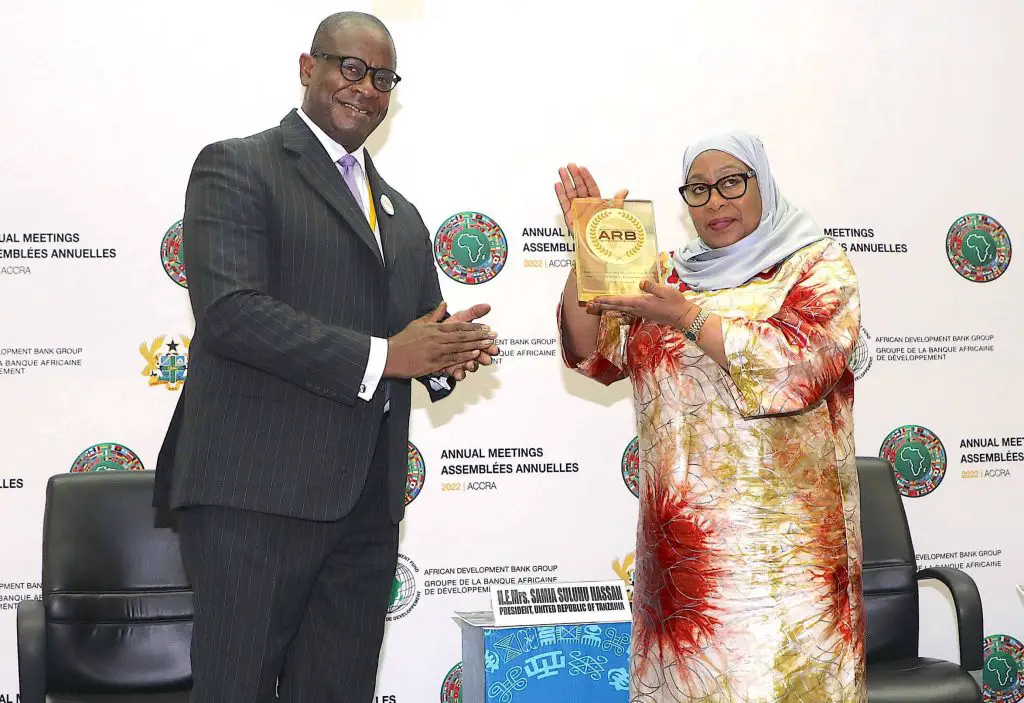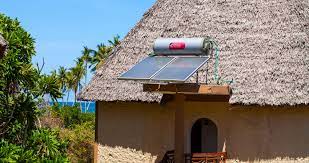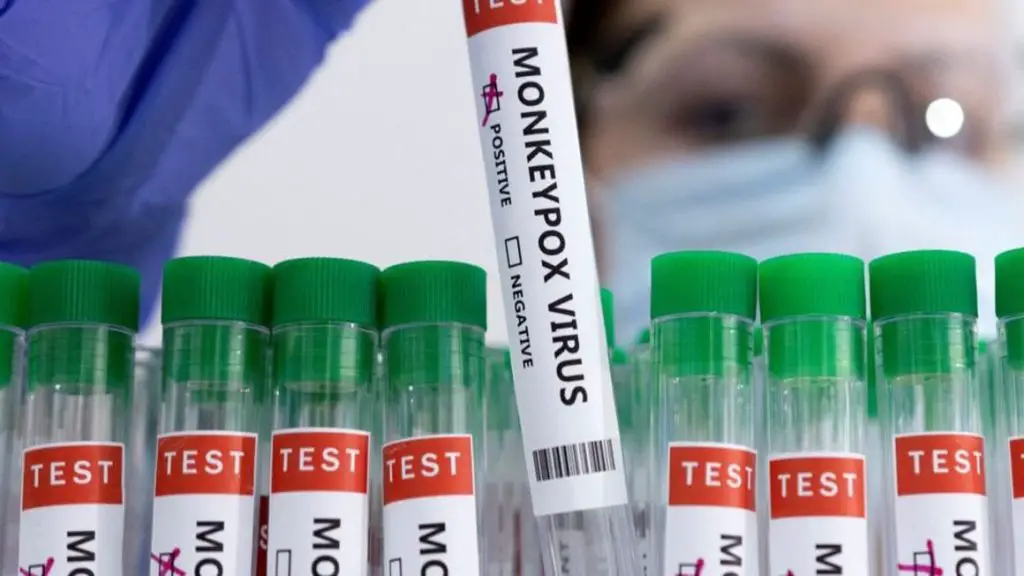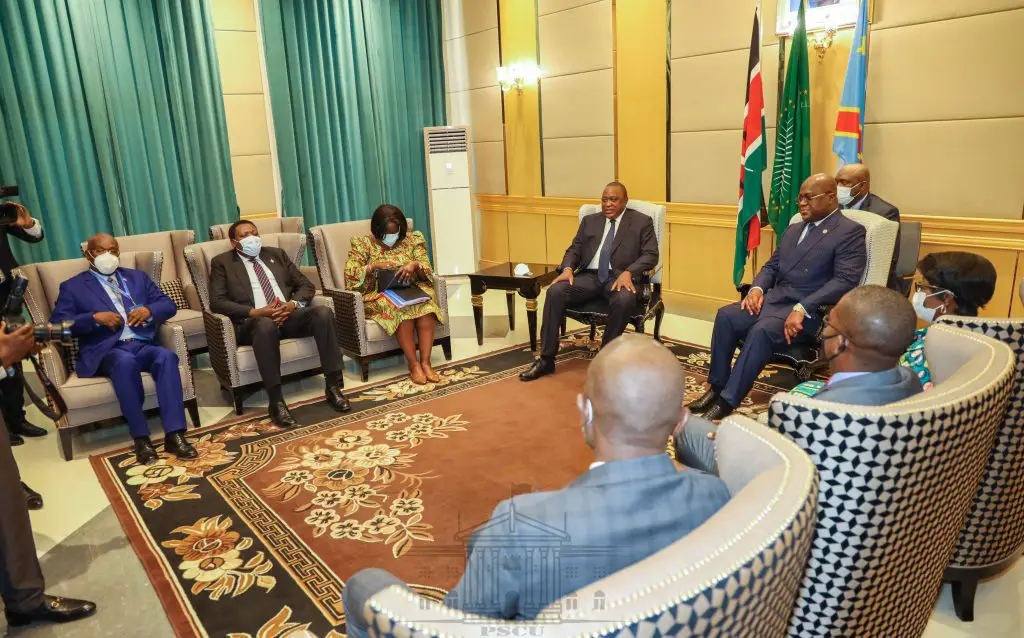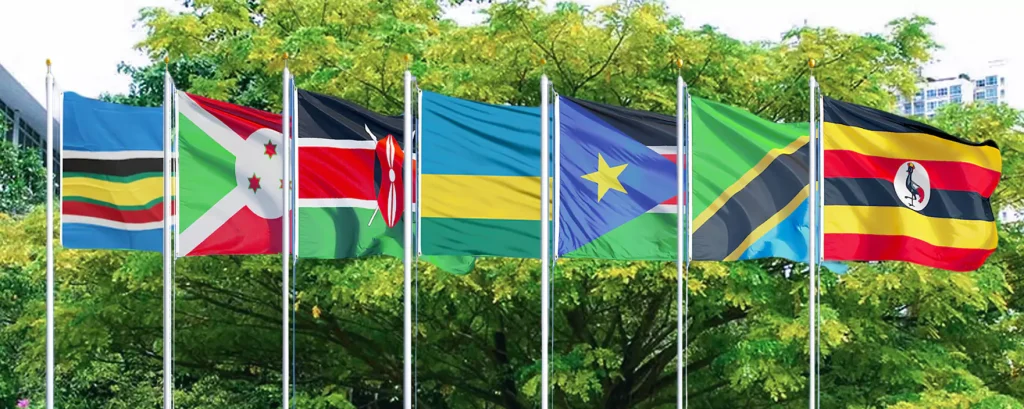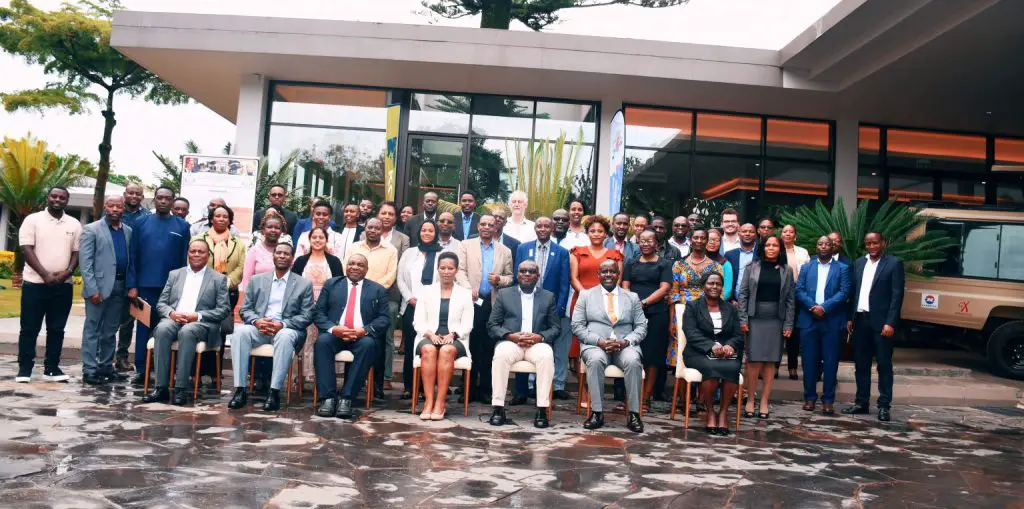- Africa’s BPO industry enters AI era with 40% of tasks at risk by 2030
- Trump tariffs sting set to ruffle several economies in Africa
- Africa Energy Bank secures key backing from Nigeria, Angola and Ghana
- AIM Congress 2025 gets a boost as International Development Bank signs on as gold sponsor
- African energy: Opportunities and challenges presented by Russia’s investments
- Africa’s smart farming push—a revolution or a mirage?
- BRICS summit in Brazil to focus on global governance reform
- Dedollarization: BRICS take on Trump and mighty dollar
Browsing: East African Community
The rising commodity prices, surging inflationary pressures, and the contracting global financial situation have risked African trade and production capabilities. Moreover, the rising threat of sovereign defaults poses a severe risk to the growth of African trade. Thus, African trade prospects remain unclear, considering the challenging global economic scenario.
The Covid-19, energy and food shortages have hit with the countries having minimal or no policy space to respond. As a result, African countries have fallen into a real risk of debt distress and even possibilities for sovereign debt default.…
There are increasingly more and more ‘outbreaks’ of non-communicable diseases in Africa and more so in sub-Saharan Africa.
These lifestyle ailments are ironically a symbol of increasing income among the population. As more and more African countries rise from low-income to middle-income status, statistics show a correlation with the rising number of people suffering from non-communicable diseases.
The reason is simple; when you rise in income, people do not increase their eating of the vitamin-rich greens they used to eat when they could not afford unhealthy but yet prestigious red meat; no, they change their diet to gabble up the ‘rich man’ foods, unwittingly damaging their health.
A local paper puts it into perspective; ‘People’s eating habits are shifting from food rich in starchy staples, vegetables and fruits to a more westernized diet high in sugar, saturated fats and oils’ the recipe for non-communicable diseases.
The troubling fact is that …
- The open skies policy will allow foreign airlines to easily access national airports to boost tourism
- In early July, aviation stakeholders resorted to testing the opening up of African skies during a conference held in Nairobi
- Intra-Africa air connectivity still remains low, with African airlines accounting for 1.9 per cent of global traffic in 2021, down from 3.5 per cent in the 1980s
“We want to look on now
Infrastructure development continues to be a vital driver of foreign direct investment (FDI) since logistics are so necessary for global business development, mainly e-commerce, which is now a significant generator of income and jobs at home and abroad.…
Last year, the Board of Directors of the African Development Fund (AfDB) approved another loan of around $116 million to Tanzania for the upgrade of a 160-km road corridor in the southern part of the country.
This enormous funding by the Bank actually served to cover 98.71% of the project cost; while the remaining 1.29% was met by the government of Tanzania. It is expected that the AfDB will continue funding Tanzania’s road works and other transport infrastructure especially given the country’s strategic geographical location.
Tanzania is the gateway into Africa’s interior and it is also the way out to the rest of the world via the Indian Ocean.
In Tanzania, it is the Tanzania National Roads Agency (TANROADS) is responsible for the improvement of road maintenance and development. The Agency is responsible for the management of 35,000 Km of roads made up of 12,786 Km of trunk roads and …
- Tanzania’s Government is scheduled to open the 2022 Tanzania Energy Congress (TEC) this August in the country’s commercial port city of Dar es Salaam
- TEC will highlight the plans and priorities of the Ministry of Energy with regard to the next strategic steps in both the energy and hydrocarbons sectors in Tanzania
- This annual event premiered four years ago under the steward strategic partnership of Ocean Business Partners Tanzania
Tanzania’s Government is scheduled to open the 2022 Tanzania Energy Congress (TEC) this August in the country’s commercial port city of Dar es Salaam.
Hosted under the flagship of the Energy Ministry, under the patronage of His Excellency January Makamba, Minister for Energy, TEC will highlight the plans and priorities of the Ministry of Energy with regard to the next strategic steps in both the energy and hydrocarbons sectors in Tanzania.
The two-day conference (3 – 4 August 2022) will feature …
Cases so far have “mainly but not exclusively been identified amongst men who have sex with men,” according to WHO. This new revelation is against known medical knowledge of the disease because the WHO considers monkeypox not to be a sexually transmitted infection.
In a recent media briefing, Dr John Brooks, an epidemiologist with the US Centers for Disease Control and Prevention, explained that “…monkeypox is not a sexually transmitted infection in the typical sense, but it can be transmitted during sexual and intimate contact.”
From there onwards, the disease has continued to spread, as of May 21st the WHO has reported some 92 confirmed cases and 28 suspected ones. In the wake of this outbreak in the UK, other cases have been reported in Spain and Portugal and several other European countries.…
It is obvious that the DRC’s desire to become a member of the EAC is to tap into the benefits of regional trade, i.e. an expanded market of 300 million people, and to increase Foreign Direct Investment (FDI) through its membership in the EAC bloc. DRC’s capital market remains underdeveloped and consists mainly of the issuance of treasury bonds.
There is no stock exchange in the country and only a small number of private equity firms are actively investing in the mining industry. There are hardly any institutional investors in the DRC except for an insurance company and a state pension fund. The Central Bank of Congo (BCC), developed a market for short-term bonds, which are bought and held by local Congolese banks.
The absence of a domestic debt market has meant that the fixed-rate market is limited to government-issued treasury bonds with maturities of up to 28 days traded …
With the recent addition of the DRC to the East African region, landlocked countries have found an alternative port of entry in the Atlantic Ocean. The swiftness of trade with two ports of entry and the region’s strategic location will be incomparable to any other region on the continent.
The East African Federation would be the fourth largest country in both population and landmass, trailing after China, India and the United States. President Uhuru Kenyatta says that the federation would have over 300 million people.
The gross domestic product for the region will sum up to US$250 billion, the fourth-largest in Africa and the 34th biggest globally. Since the beginning of the last decade, East Africa has had the fastest growing economy globally. In 2019, the region’s economy grew by about 5 per cent. If the federation continues with this growth rate, the new country would quickly become the biggest …
- There is a huge need for business owners, policymakers, and African leaders, in general, to capitalise on the investment in more research, higher education and science
- Academic institutions need to build skills and knowledge of young professionals in areas of research, innovation, science and technology in order to benefit from the natural resources and improve the livelihoods of East Africans
- Africa has the strongest growing scientific production currently at 38.6 per cent since the start of 2012 with the number of authors subsequently growing at a slightly higher rate of 43 per cent over the same period
The Academic Public-Private Partnership Forum (APPPF) has called for more funding to be availed to Africa’s researchers and innovators. This will largely drive up the continent’s sustainable economic development.
According to data by statista.com, despite Africa comprising 12.5 per cent of the global population, the continent still only accounts for less than 1 …





